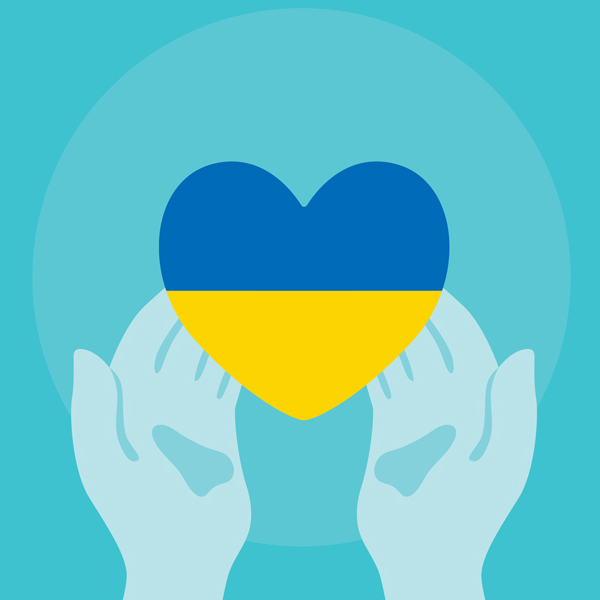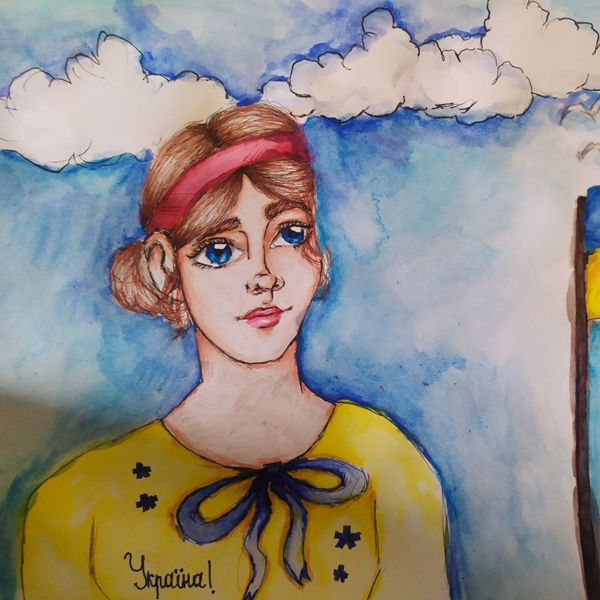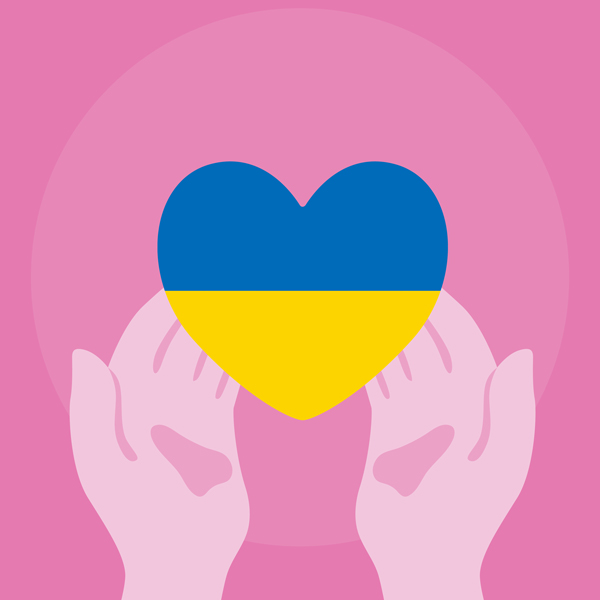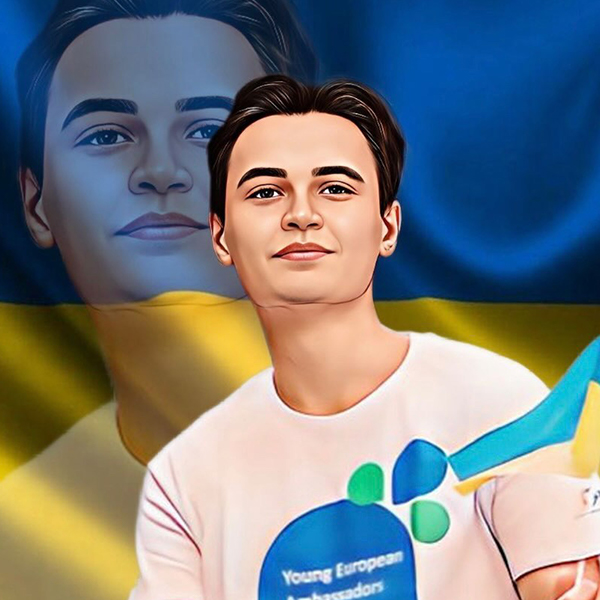Recommended Stories Read All

Europe & Eurasia

Europe & Eurasia

Europe & Eurasia

Europe & Eurasia
In his words, Rostik explains how his life has been impacted and the optimism he holds on to when looking toward the future.
It’s really kind of difficult to believe that it’s been more than a year that we’ve lived in these circumstances. We live in real wartime in our country. For the first three or two months of war, everyone was so afraid because of this, and most people always went to the shelters and stayed there during all air raids. But now it has become so usual for most Ukrainian regions.
I try to not think about terrible cases that happen in Ukraine every day; I feel like it can drive me into depression. And things that happened, sometimes it was like in a fog. I try to just live my life automatically, like a machine, and try to find some pleasure in daily life. I try to keep to a routine because it helps to keep you resilient.
Ukrainians are now used to war. Even the terrible sounds, the sounds of explosion, now people learn to distinguish them, like either it is a drone, or it is a rocket, or it’s the work of air defense. Now most Ukrainians, they can understand it by the sound. For example, last week there were several attacks on Kyiv every night during the week and, thank God, all the Russian drones were shot down by our air defense.
And if you ask about hope, I really hope that after this war, we can rebuild our country like a real European country—with European values, with human values, with all human rights, because that is why now Ukrainians fight.
After the devastating collapse in early June of the Kakhovka dam in the southern part of Ukraine, Rostik shared that his hometown was underwater.
“It’s very sad. If before I had a question about whether I would ever be able to return home, now the only question is whether there will be a place to return to.”
Since the war began in February 2022, GFC has raised and disbursed $3 million in emergency funding to 74 organizations that are helping children and families under attack and refugees fleeing the country.
As the war drags on, our partners are in dire need of resources. Learn how you can contribute to our Ukraine Emergency Response Fund.




Global Fund for Children (GFC) UK Trust, created in 2006, is a UK registered charity (UK charity number 1119544). We work to generate vital income, create new fundraising opportunities, and raise awareness of the invaluable work of GFC’s grassroots grantees. Our aim is to extend the reach of GFC in the United Kingdom, Europe, and beyond.
Contact
Work.Life, 4 Crown Place
London EC2A 4BT